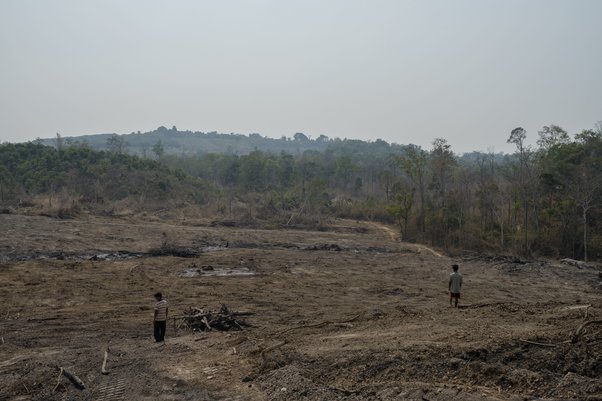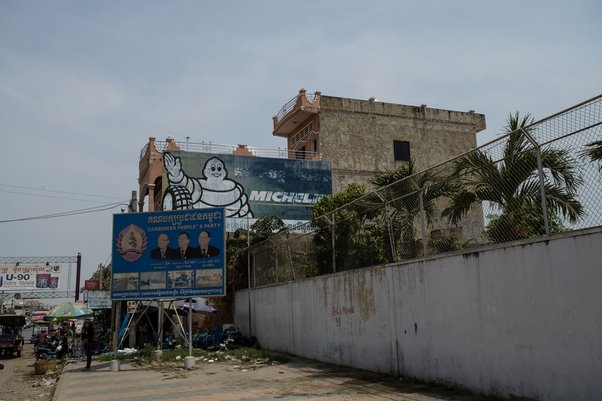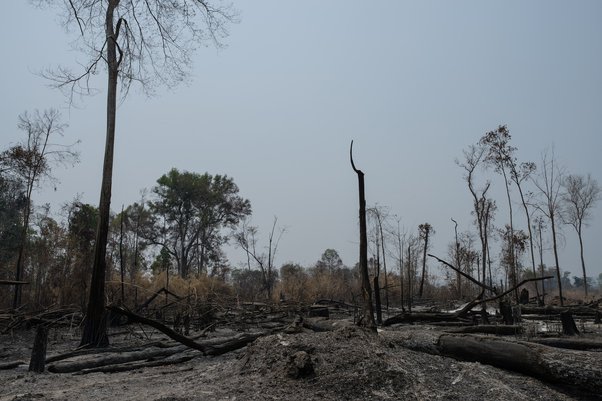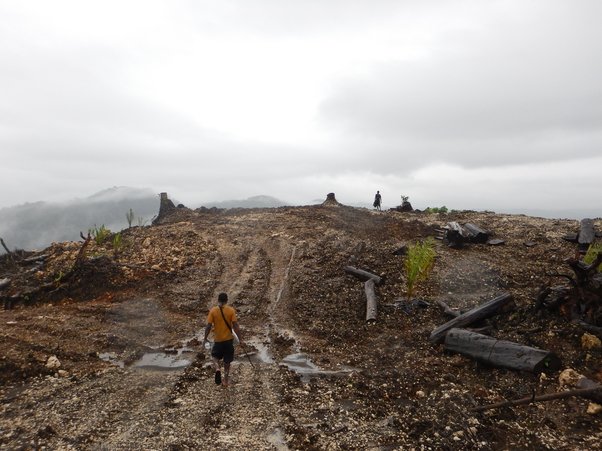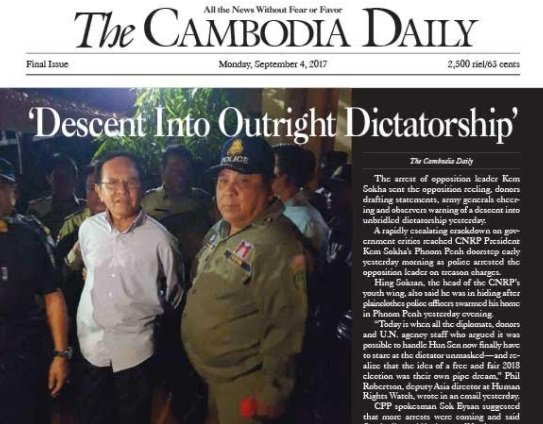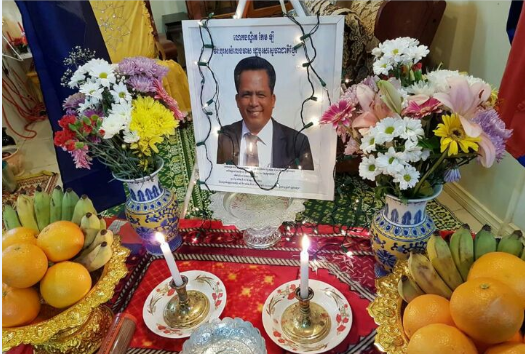As investors scramble to acquire cheap land for everything from food to biofuel plantations to mining, the market has been moving much faster than regulators can, leaving behind a murky trade controlled by powerful and often corrupt elites. Governments strike secretive deals with agribusiness companies for land at the expense of communities that have relied on it for generations, and often causing people to be displaced from their homes.
We continue our work to protect and raise the voices of land and environmental defenders who are being threatened for standing up to irresponsible business, and to hold companies to account for the impact of their operations.

